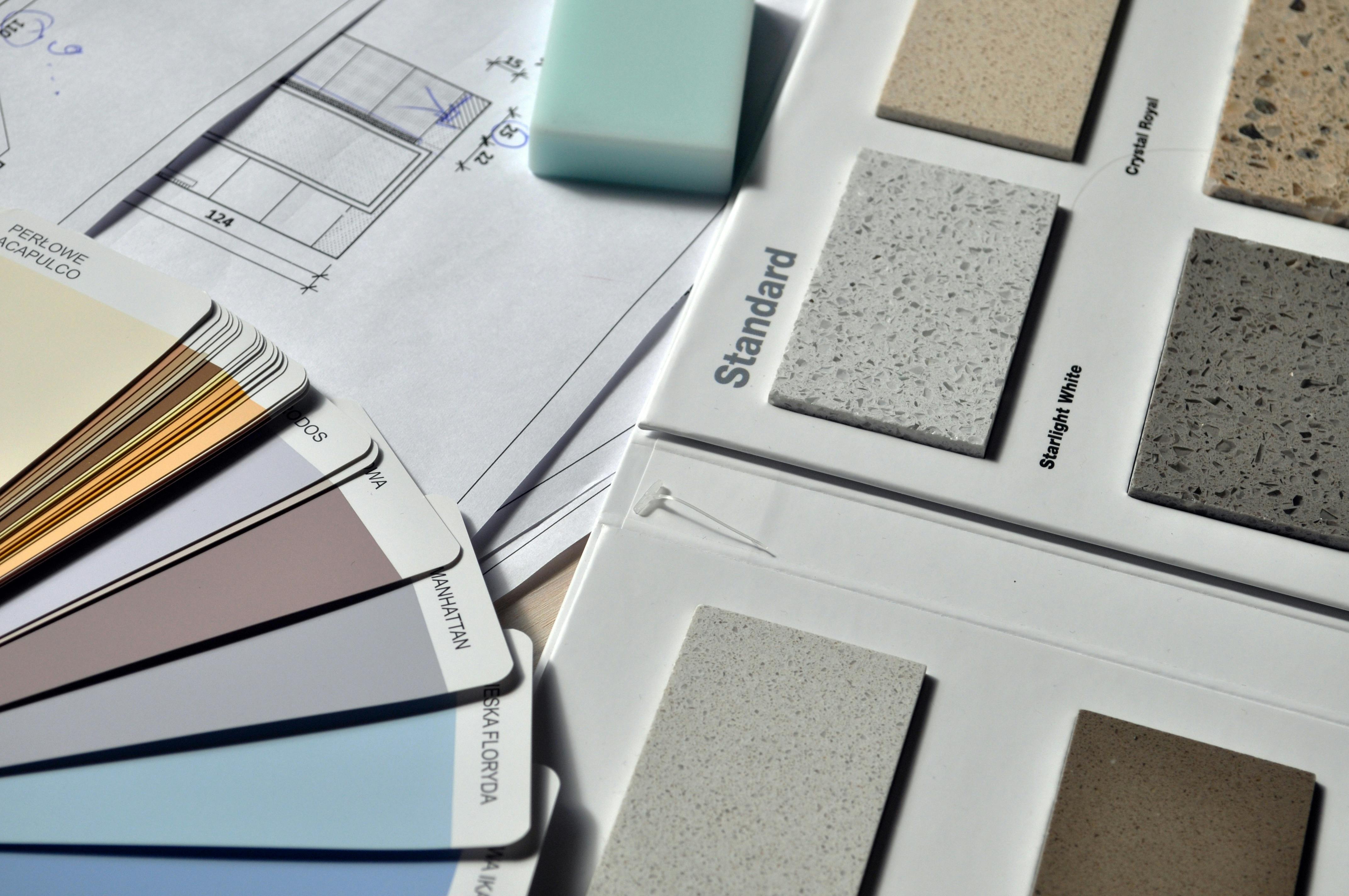Quartz Countertops: Beauty Meets Resilience
Discover the allure of quartz countertops, a harmonious fusion of elegance and strength for modern homes. This engineered marvel combines natural quartz crystals with cutting-edge resins, delivering a surface that's as stunning as it is practical. Dive into our comprehensive guide to uncover the advantages, installation process, and upkeep of quartz countertops, empowering you to make an informed choice for your next home improvement project.

Comparing Quartz to Alternative Countertop Materials
Quartz countertops stand out when juxtaposed with other popular options. Unlike granite or marble, quartz boasts a non-porous surface, making it highly resistant to stains and microorganism growth. This characteristic eliminates the need for periodic sealing, a common requirement for natural stone surfaces. Additionally, quartz offers more consistency in color and pattern, ensuring a uniform aesthetic throughout kitchen or bathroom spaces.
In terms of durability, quartz excels. It surpasses granite in hardness and is less susceptible to chipping or cracking. When compared to laminate countertops, quartz demonstrates superior heat and scratch resistance. While the initial investment may be higher, its longevity and minimal maintenance requirements often translate to cost-effectiveness over time.
Advantages of Opting for Quartz Countertops
Quartz countertops offer a multitude of benefits that make them an attractive choice for homeowners:
-
Resilience: Quartz’s exceptional hardness resists chips, cracks, and scratches, ideal for high-traffic areas.
-
Easy Maintenance: The non-porous nature requires no sealing and simple cleaning with mild soap and water.
-
Stain Resistance: Quartz effectively repels stains from common household items such as wine, coffee, and oils.
-
Design Versatility: Available in a wide spectrum of colors and patterns, quartz complements any interior design style.
-
Uniformity: Unlike natural stone, quartz provides a consistent appearance across the entire countertop surface.
-
Hygienic Properties: The non-porous composition inhibits bacterial growth, making it an excellent choice for kitchens and bathrooms.
-
Heat Tolerance: While not entirely heat-proof, quartz withstands moderate heat exposure better than many alternatives.
Quartz Countertop Installation Process
The installation of quartz countertops typically follows these steps:
-
Measurement and Templating: A professional visits the site to take precise measurements and create an accurate template.
-
Fabrication: Quartz slabs are cut to size and shape based on the template, including cutouts for sinks, faucets, and fixtures.
-
Transportation: Fabricated pieces are carefully moved to the installation site.
-
Placement: Countertops are positioned atop base cabinets, leveled, and secured using adhesives and support brackets.
-
Seam Joining: For installations requiring multiple pieces, seams are joined using color-matched epoxy.
-
Final Touches: Installers add necessary backsplashes, edge treatments, and ensure proper fit around sinks and appliances.
It’s crucial to note that quartz countertops are substantial and require professional installation to guarantee proper fit and longevity.
Maintaining Quartz Countertops
One of quartz’s most appealing features is its low maintenance requirements. To preserve the beauty and functionality of quartz countertops:
-
Clean regularly with mild soap and water or a non-abrasive cleaner designed for quartz.
-
Promptly wipe up spills to prevent potential staining.
-
Utilize cutting boards to protect the surface from knife scratches and other sharp objects.
-
Place trivets or hot pads under hot cookware to prevent thermal shock or discoloration.
-
Avoid harsh chemicals, abrasive cleaners, or scrub pads that could damage the surface.
-
For stubborn stains or dried substances, gently remove material with a plastic scraper before cleaning.
With proper care, quartz countertops maintain their aesthetic appeal and functionality for years without requiring professional refinishing or resealing.
Quartz Countertop Pricing
The cost of quartz countertops varies based on factors such as material quality, installation complexity, and geographic location. On average, quartz countertops range from $50 to $200 per square foot, including installation. Here’s a comparison of popular quartz countertop brands and their estimated costs:
| Brand | Quality Level | Estimated Cost per sq. ft. (Installed) |
|---|---|---|
| Silestone | Premium | $70 - $200 |
| Caesarstone | Premium | $65 - $180 |
| Cambria | Luxury | $80 - $200 |
| LG Viatera | Mid-range | $55 - $150 |
| MSI Q Quartz | Budget-friendly | $50 - $120 |
Note: Prices and cost estimates are subject to change. Independent research is recommended before making financial decisions.
Quartz countertops represent a significant investment in home improvement. However, their durability, low maintenance requirements, and timeless appeal often result in long-term cost-effectiveness. When considering quartz for kitchen or bathroom installations, obtain quotes from multiple suppliers and installers to ensure optimal value.
In conclusion, quartz countertops offer an exceptional blend of aesthetics, durability, and practicality. Their resistance to stains, scratches, and bacteria makes them ideal for busy households, while the wide range of colors and patterns allows seamless integration into various design aesthetics. By understanding the characteristics, installation process, and maintenance requirements of quartz countertops, homeowners can make informed decisions about incorporating this popular surface option into their renovation projects.






